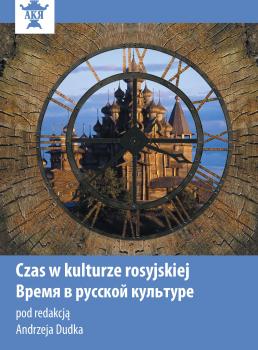Epoch of Fin de Siècle : Kulturphilosophie Frames .......... 233
Streszczenie
EPOCH OF FIN DE SIÈCLE : KULTURPHILOSOPHIE FRAMES
In the article the author addresses a phenomenon of time and forms of his understanding during the epoch of “fin de siècle”. The invariance of human aspiration to imprint time, “to catch” what is almost imperceptible is emphasized. However, time appears either “lost” (M. Proust), or “hours without hands” (C. McCullers). As the main methodological tool the author of article elects the Kulturphilosophie approach of Hans Freyer developed by him in the book Theoerie des objektiven Geistes. Eine Einleitung in die Kulturphilosophie (1923). Kulturphilosophie gives the chance to present difficult relations natural and spiritual as the system of the interconnected objektivations. Such objektivations during the epoch of “fin de siècle” are a decadence as end of the classical epoch in development of art culture, symbolism as reception (here crossings with a decadence) and as worldview, modernism as the arising other time. Intrinsic characteristics of each of the called objektivations are given. Besides Kulturphilosophie, in article the author uses historical and cultural, etymological, grammatical data that allows to give to observations reliable character. Close connection of the European and domestic art thought in formation and development of epoch of “fin de siècle”, its characteristics are emphasized.





